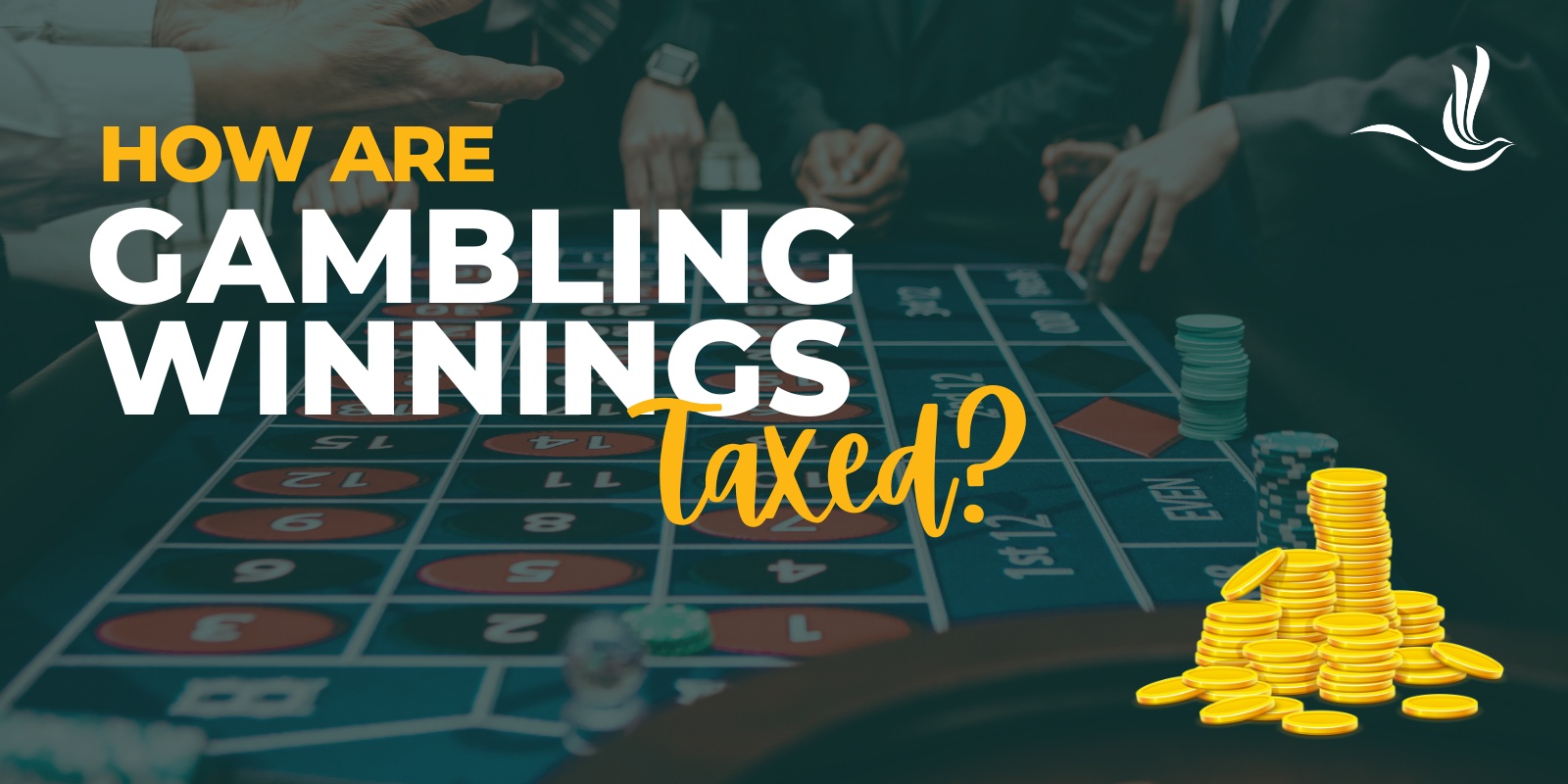
Most people dabble in gambling at some point in life. It might look like a day at the racetrack, a quick stop at the gas station for a lottery ticket, or a weekend in Las Vegas. The IRS views all these activities as gambling, among many others. More importantly, the IRS wants everyone to know that all gambling winnings are considered taxable income. In this article, we’ll break down how gambling winnings are taxed, how to handle taxes if you gamble professionally, and how to deal with gambling losses.
Gambling Winnings are Taxable
Any winnings you receive from gambling, whether small or large, are considered taxable income and must be reported to the IRS. This is true whether the payer reports the winnings or not. If the payer does report your winnings to the IRS, they will do it through Form W-2G, Certain Gambling Winnings if:
- Winnings (not reduced by the wager) are $1,200 or more from bingo or a slot machine
- Winnings (reduced by the wager) are $1,500 or more from a keno game
- Winnings (reduced by the buy-in) exceed $5,000 from a poker game
- Winnings (except for bingo, slot machines, keno, or poker) reduced by the wager are $600 or more, or at least 300 times the wager
- Winnings are subject to federal income tax withholding
It should also be noted that other gambling winnings not reported are also taxable. This includes the fair market value of any prize won, such as a car or vacation. All gambling winnings must be reported as other income on Form 1040 during tax season.
Reporting Winnings as a Professional Gambler
If you gamble as a means of regular income, you’ll instead file a Schedule C as a self-employed individual. What makes this different from reporting your winnings on Form 1040? The main difference is that those who gamble for a living can deduct your costs of doing business using Schedule C to reduce your taxable income. This includes:
- The cost of magazines, periodicals, or other data you use in relation to your gambling
- Some of your internet expenses if you place bets online
- Meals and travel expenses for tournaments
It does not include deducting your losses that exceed your winnings. On top of that, you will need to pay self-employment tax on your winnings. If you gamble professionally, be sure to keep good tax records for an easier filing process later.
Deducting Gambling Losses
You can deduct gambling losses as long as they do not exceed your winnings. However, in order to do this, you will need to itemize your deductions. That said, it’s not beneficial to try to deduct your losses if itemizing your deductions will yield a larger tax liability than taking the standard deduction. For example, if you won $1,000 while gambling but lost $3,000, you may only deduct $1,000 when itemizing. You will need to claim $1,000 in income on your Form 1040 and then deduct $1,000 when you itemize using Schedule A.
What if I don’t report my gambling winnings?
Failure to report gambling winnings or attempting to evade taxes can have serious consequences. Penalties for non-compliance can range from monetary fines to legal action, including criminal charges. It is crucial to maintain accurate records of gambling activities, including wins, losses, and related expenses, to ensure compliance with tax laws. Remember, staying informed and fulfilling tax obligations will help you enjoy your gambling pursuits while avoiding any potential legal or financial repercussions. Optima Tax Relief is the nation’s leading tax resolution firm with over a decade of experience helping taxpayers with tough tax situations.
If You Need Tax Help, Contact Us Today for a Free Consultation